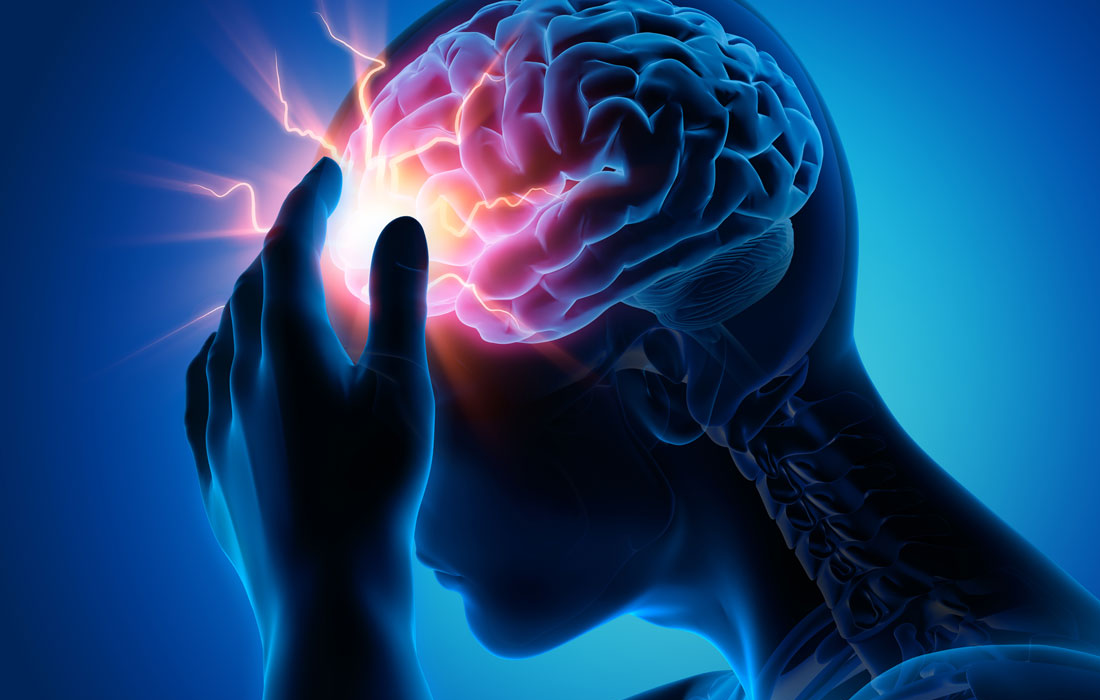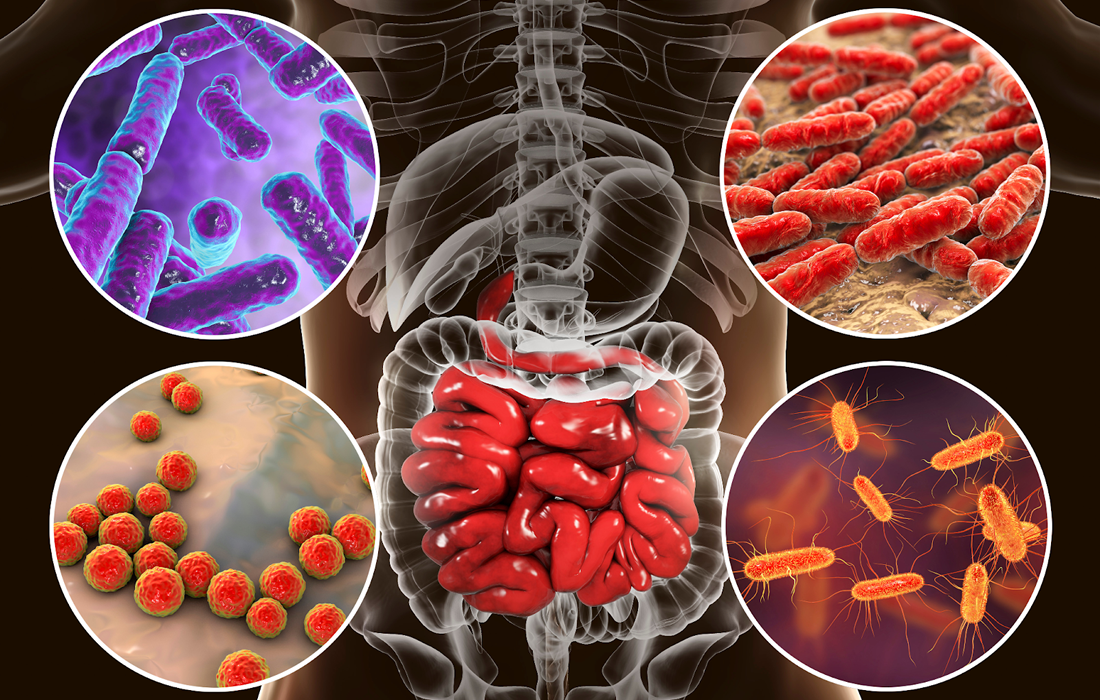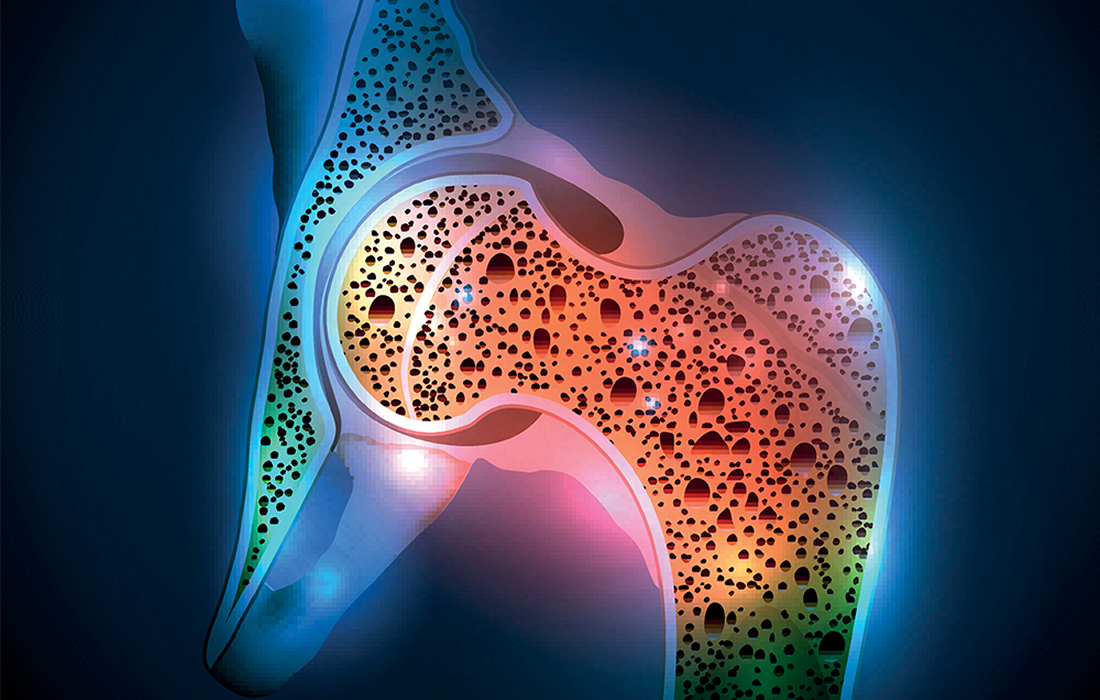Chronic non-communicable diseases (CNCDs) are a matter of great concern to the world’s public health and the leading cause of death. In 2005, around 35 million deaths were attributed to such diseases, almost 60% of global mortality and 45.9% of the global burden of diseases. If this trend is maintained, it is estimated that by […]
Author Archives: Francisco Fernandez, MD
What is a Stroke? A stroke occurs when the blood supply to part of the brain is interrupted or reduced, preventing brain tissue from getting oxygen and nutrients. Brain cells begin to die in minutes, that is why it’s a medical emergency, and prompt treatment is crucial. Early action can reduce brain damage and other […]
The gut microbiota plays multiple roles in our immunological, nutritional, and metabolic functions, such as sustaining gut homeostasis for the host, fermentation of indigestible dietary fibers, and production of essential amino acids and vitamins (like vitamin K). Different environmental and genetic factors have an influence on the gut microbiota, and changes in the state of […]
There is a plethora of literature that is continuously published on the role of nutritional agents and skin conditions. The different agents include vitamins, minerals, amino acids, antioxidants, diets, and gluten. A new study by researchers from the Atal Bihari Vajpayee Institute of Medical Sciences and Dr. Ram Manohar Lohia Hospital in Delhi, India, did […]
What is Osteoporosis? Osteoporosis is a systemic skeletal disease that is characterized by low bone mass and microarchitectural deterioration of the bone tissue. It affects 44 million Americans and more than 200 million people worldwide. The main characteristics of osteoporosis are bone loss and microstructural degeneration. It causes the bones to become weak and brittle, […]
The regenerative capacity of skin starts declining with age, but the exact mechanism of why this happens is still unknown. Researchers from Japan have recently identified a mechanism to explain why this happens and potentially how it can be fixed. The study results were published in the Journal of Cell Biology. Researchers from Tokyo Medical […]
Autism spectrum disorder (ASD) is a developmental disability that can cause significant social, communication and behavioral challenges. There is often nothing about how people with ASD look that sets them apart from other people, but people with ASD may communicate, interact, behave, and learn in ways that are different from most other people. The learning, […]
What is the Western Diet? The Western Pattern Diet is a modern-day style diet that mostly contains high amounts of processed foods, red meat, high-fat dairy products, high-sugar foods, and pre-packaged foods, that increase the risk of chronic illness. This diet is “rich in red meat, dairy products, processed and artificially sweetened foods, and salt, […]
Reduced caloric intake without malnutrition is the oldest known life span–extending intervention. Laboratory studies throughout the 20th century established and confirmed the benefits of caloric restriction (CR) in multiple model systems. CR not only increased life span across evolutionarily distant organisms but also reduced age-associated disease burden and functional decline in these studies. Epidemiological data […]
Ketamine is an N-methyl-d-Aspartate receptor agonist with well-established safety and efficacy as an analgesic and anesthetic. Since it was developed in 1964, largely as a replacement for phencyclidine, it has been used primarily in veterinary and pediatric anesthesia, but in recent years it has also been used in psychiatry after reports of its rapid-acting antidepressant […]










